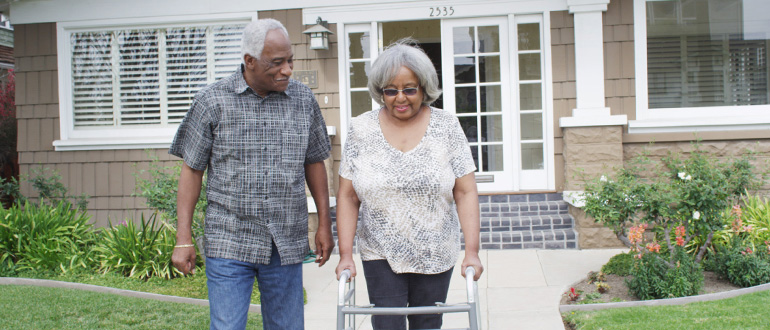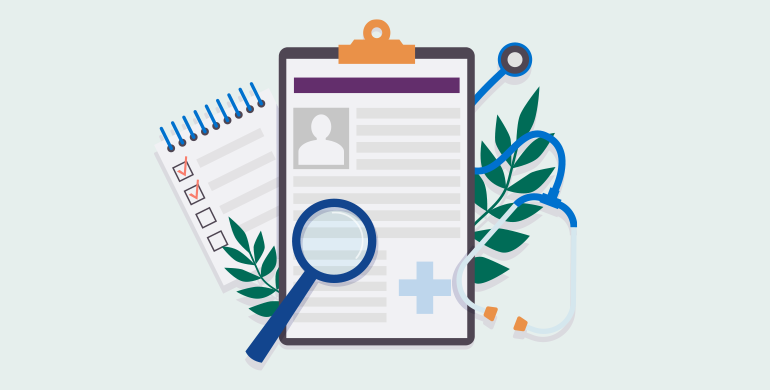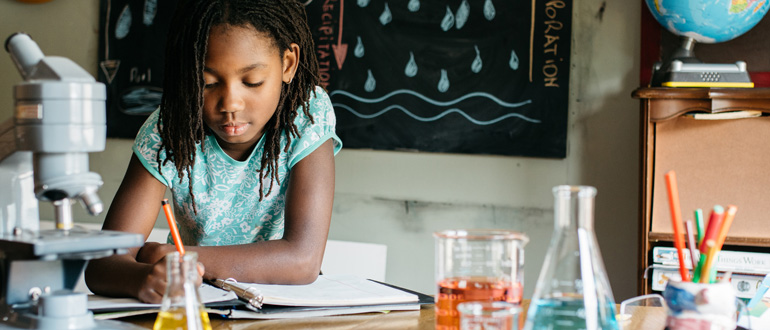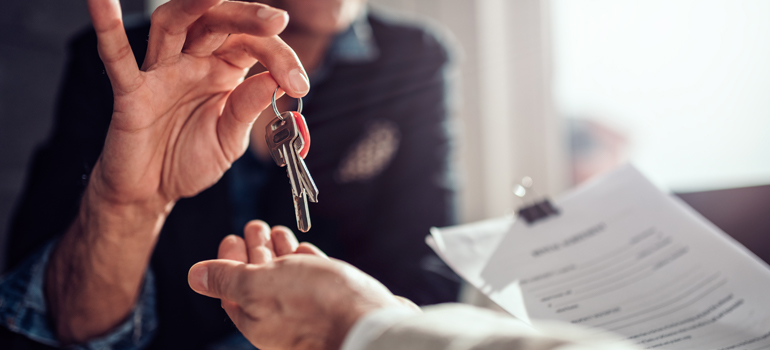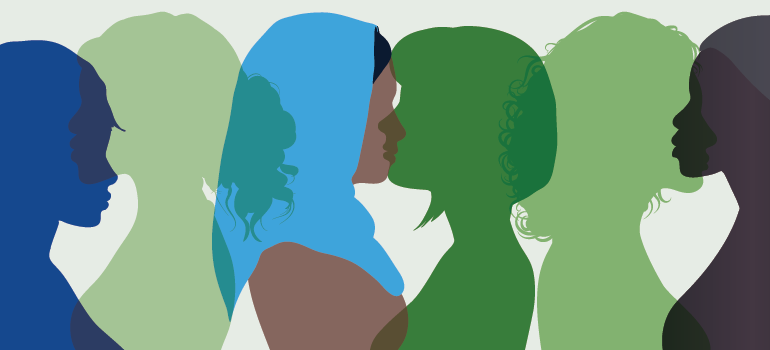The role of weapons in domestic and intimate partner violence
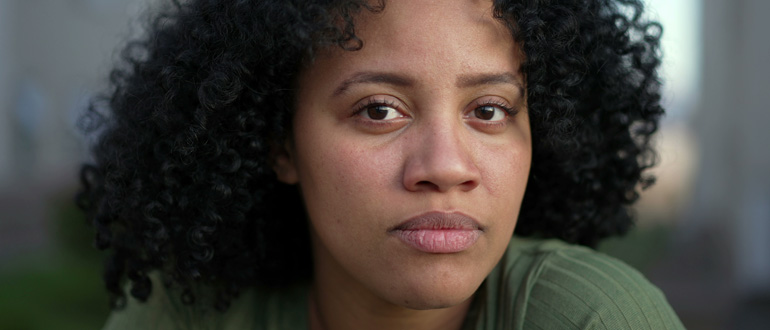
Power and control. That’s what domestic violence is about.
When you add a firearm into the equation, “Survivors experience a high level of fear because they know the reality of weapons. It can cause them to make extreme choices for their safety,” says Amy Bleser, Chief Operations Officer at Women Helping Women. “It’s a very strong way to exert power and control.”
Violence and social determinants of health
“Crime and violence” (which includes domestic violence/intimate partner violence) is a social determinant of health, as defined by Healthy People 2030, an initiative affiliated with the Office of Disease Prevention and Health Promotion. “In addition to the potential for death, disability, and other injuries, people who survive violent crime endure physical pain and suffering and may also experience mental distress and reduced quality of life,” which could include issues such as “asthma, hypertension, cancer, stroke, and mental disorders.”
[Firearm statistics: Local, state, and national]
The role weapons play in intimate partner violence
According to Everytown Research and Policy, “Every month, an average of 70 women are shot and killed by an intimate partner. Nearly one million women alive today have been shot or shot at by intimate partners, and over 4.5 million women have reported being threatened with a gun by an intimate partner.”
Statistics from the Johns Hopkins Center for Gun Violence Solutions show that “[o]ver half of all intimate partner homicides are committed with guns.” And “[a] woman is five times more likely to be murdered when her abuser has access to a gun.”
Bleser says a common theme she’s witnessed in working with domestic violence survivors is, “Many people minimize [the impact that weapons can have in their situation] as a coping mechanism,” which can lead, however indirectly, to being shot. It’s important to note that no one should blame survivors for adopting this mindset of minimization; it happens because survivors are trying to live through and make sense of a terrifying situation.
Another pattern Bleser sees is a “struggle to trust the system to protect [survivors]. The thought—and sometimes the reality—is that systems might not have [their] best interests and safety at heart.” That’s because there are “gaps and holes” in “understanding the dynamics of domestic violence” among those responsible for crafting policy. She gives the example of some protective orders not specifying that weapons need to be removed from the home—or “where weapons may have been directed to be removed but aren’t.”
Women Helping Women advocates for survivors as they navigate systems. “Typically, we see positive outcomes,” whether that’s protective court orders, custody assignment, or relocation “because the threat is too high.”
Changing perceptions and reactions
Support is a “gamechanger” for survivors, says Bleser. “When people reveal abuse, the response they get has a big impact on how they’ll navigate their situation.” Sometimes even well-meaning people react inappropriately, using phrases that blame the survivor for the situation. That includes sentiments such as, “Why don’t you just leave?”—when the situation is ordinarily much more complex.
“Survivors have to do their own legwork to get the help they need,” Bleser says. And there are many factors that come into play: “Is the person safe to talk to? How can I reach out safely? Can I afford it? Is it being covered [by insurance]?” And if there are children or animals in the household, the complications compound.
Bleser urges everyone to remember how much power words can have and to consider the financial piece to supporting survivors. Women Helping Women provides money through their Survivor Equity Fund for transportation to medical appointments or court appearances, for example—“anything connected to trauma”—as well as for relocation. “If we want a survivor to successfully exit a relationship, there has to be a financial piece behind it to make it equitable and sustainable,” she says.
Surviving domestic violence can have lasting repercussions on a person’s mental and physical health. And weapons can escalate the harm it causes.

